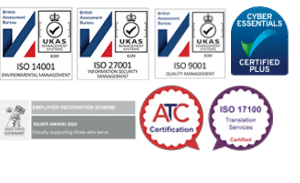Want to take your translation to the next level and boost your business’s international appeal? Working with mother-tongue translators might be the way.
Mother-tongue translators translate your content into and from their native language. They can produce authentic translation and understand cultural nuances beyond the skills of a non-native speaker.
Here is why it’s important for your company to work with a mother-tongue translator and what to expect from them.
What constitutes a native language or mother-tongue?
A person’s mother-tongue or native language is defined as the first language they acquired during their childhood. It is usually the official one of their birthplace or the community they were raised, and is the main one they use day-to-day.
It can be hard for people to replicate this innate knowledge and cultural understanding for their second languages. Native speakers, therefore, are a valuable asset for translating content, as it ensures the final translation is as natural as possible.
The benefits of mother-tongue translators
The main advantage of working with a mother-tongue translator is their thorough understanding of the language. This has been ingrained in them since birth. They have an expansive vocabulary, a deep knowledge of proper grammatical and semantic techniques and an insight into the cultural nuances of the language non-native speakers don’t possess.
A native speaker’s translation will be authentic, accurate and conform to the natural practices of the native language.
The translations carried out by native speaking translators also offer the following benefits:
Authentic translation
First and foremost, native speakers produce translation that is authentic and ensures nothing is lost in translation. Their inherent knowledge of the language means their translation communicates the original message of the content in a natural and coherent way the native audience will understand. Sometimes, translations done by non-native translators can appear rigid or inauthentic, which readers will be able to pick up on.
Localisation is also important when translating and adapting content to a different audience. Words, expressions, idioms or phrases can differ between languages. Consequently, it’s important to employ the knowledge of a mother-tongue translator who knows cultural nuances and local dialect. This ensures the readers understand the intended meaning of the original content.
Culturally sensitive translation
Some words or phrases may have completely different connotations when translated. Some may have no meaning at all, some may cause misunderstandings and some might cause offence. Mother-tongue translators can help you avoid all these mistakes. They ensure readers understand all of your content and ensuring your international content is culturally appropriate for the native audience.
Efficient translation
A mother-tongue translator speeds up the translation process. As mentioned before, their in-depth understanding of the language means they can translate content on any topic, whereas non-native speakers may have gaps in their vocabulary or semantic knowledge which will slow down the translation process.
When you need content translating, especially any long-form content, using a mother-tongue translator is helpful for getting authentic translations in a timely manner, so you can get your content in front of the new audience sooner.
Accurate translation – avoid misunderstandings
It would be pointless to have something translated only for it to be full of mistakes and unreadable. Mother-tongue translators can guarantee your translation is accurate and can be read by the intended audience.
Copy that is full of mistakes delivers a poor impression of your company and can result in distrust amongst potential consumers. It is important to avoid all inaccuracies on all translated content, especially website translation mistakes and poorly translated technical and legal documentation. Websites that are full of mistakes can lead to a poor user experience, negatively impacting your rankings and any inaccuracies in legal or technical documentation could have disastrous repercussions.
No matter the type of content, mother-tongue translators are vital assets in producing accurate content that is clear, correct and avoids misunderstanding.
How can DA Languages help with mother-tongue translation?
We recommend using native translators for all of your translations and interpretations to ensure a high-quality end product. Our team is made up of native speaking translators that have in-depth knowledge of the terminology used in many professional sectors. This helps us to provide flawless translations, regardless of the niche you’re in.
If you are looking for a mother-tongue translator for your next international project, contact us today for assistance!



